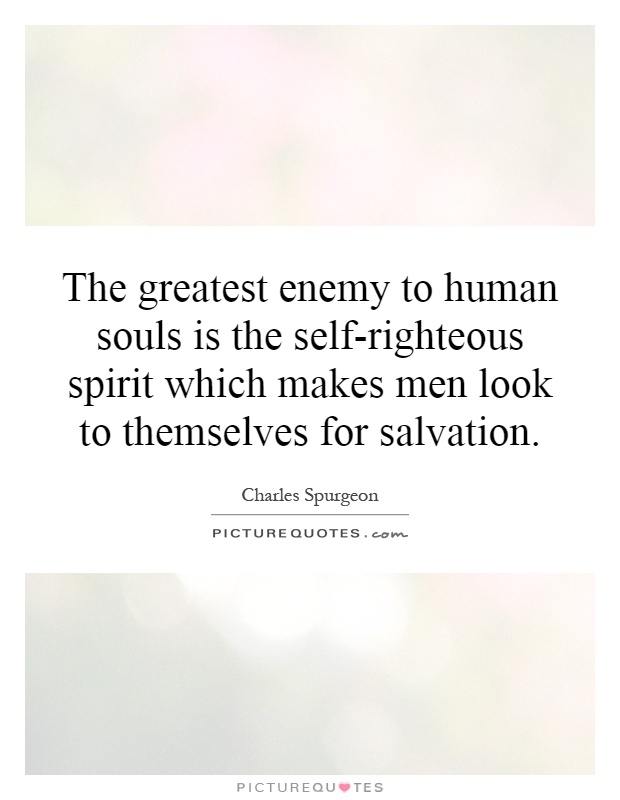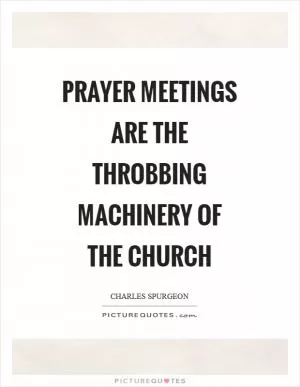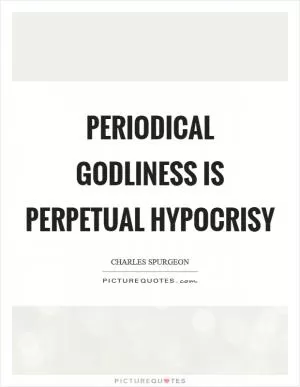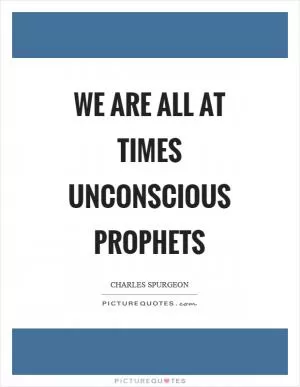The greatest enemy to human souls is the self-righteous spirit which makes men look to themselves for salvation

The greatest enemy to human souls is the self-righteous spirit which makes men look to themselves for salvation
Charles Spurgeon, a renowned preacher and theologian of the 19th century, often spoke out against the self-righteous spirit that he believed was the greatest enemy to human souls. In his sermons and writings, Spurgeon emphasized the importance of looking to God for salvation rather than relying on one's own righteousness.Spurgeon understood that the self-righteous spirit could lead people down a dangerous path of pride and self-sufficiency. He believed that when individuals looked to themselves for salvation, they were essentially rejecting the grace and mercy of God. Spurgeon often quoted passages from the Bible that warned against the dangers of self-righteousness, such as Romans 3:23 which states, "For all have sinned and fall short of the glory of God."
Spurgeon believed that true salvation could only be found through faith in Jesus Christ. He preached that it was through Christ's sacrifice on the cross that humanity could be saved, not through their own good works or moral righteousness. Spurgeon often used the story of the Pharisee and the tax collector from Luke 18:9-14 to illustrate the dangers of self-righteousness. In this parable, the Pharisee boasts about his own righteousness while the tax collector humbly asks for God's mercy. Jesus concludes the parable by saying, "For all those who exalt themselves will be humbled, and those who humble themselves will be exalted."
Spurgeon believed that the self-righteous spirit was a barrier to true repentance and faith. He urged his listeners to acknowledge their sinfulness and their need for a savior. Spurgeon often said, "The way to rise in the kingdom is to sink in ourselves." He believed that true humility and dependence on God were essential for spiritual growth and salvation.












 Friendship Quotes
Friendship Quotes Love Quotes
Love Quotes Life Quotes
Life Quotes Funny Quotes
Funny Quotes Motivational Quotes
Motivational Quotes Inspirational Quotes
Inspirational Quotes